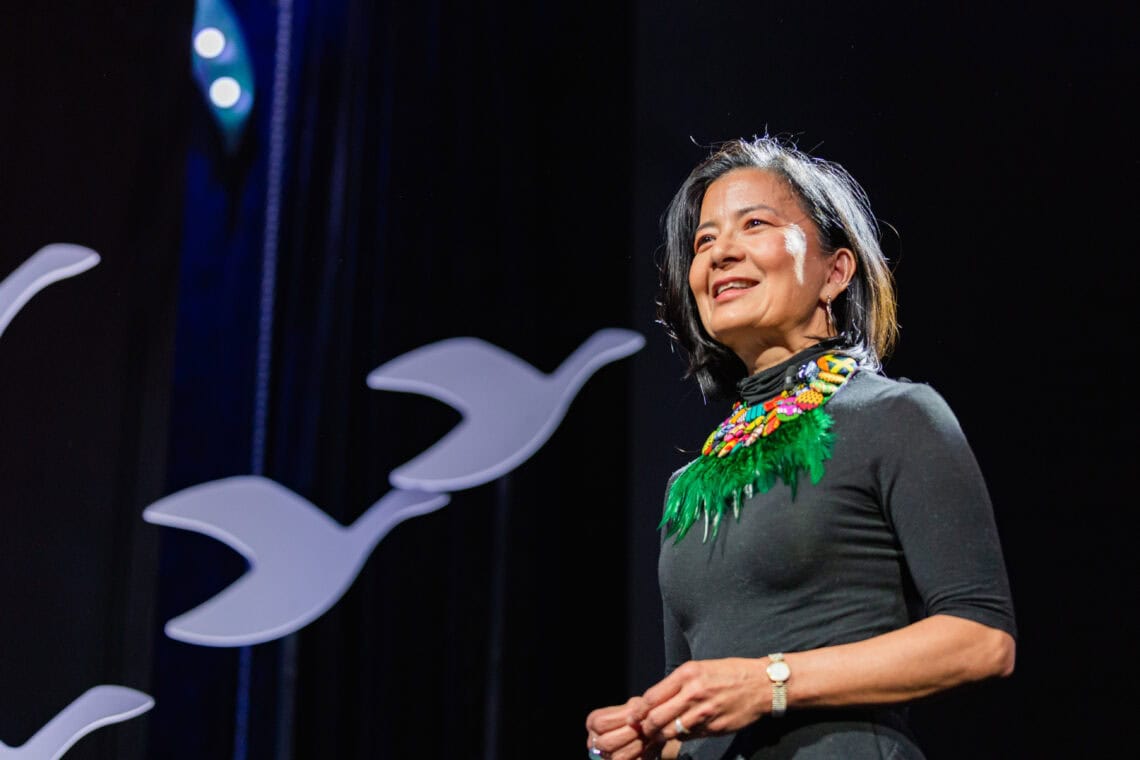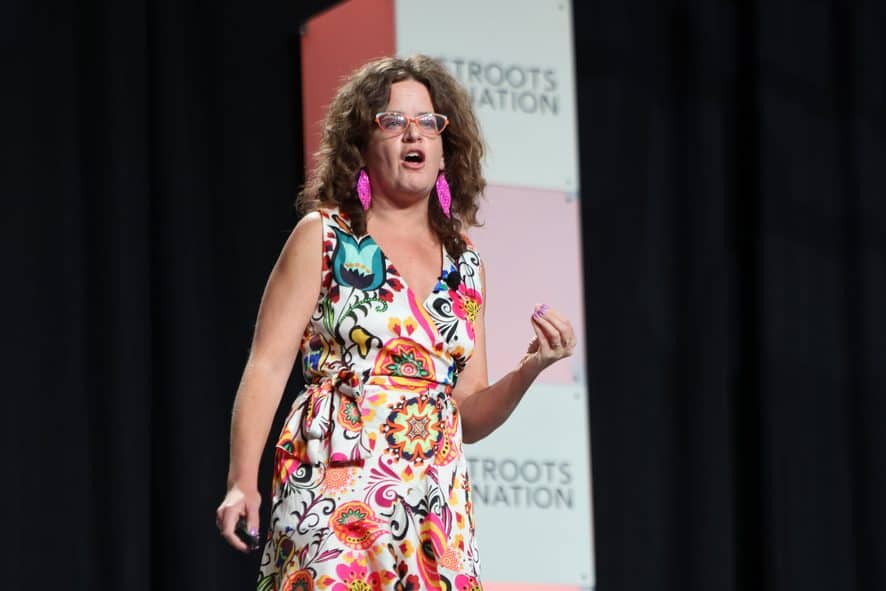Stopping the funding rollercoaster for feminist and 2SLGBTQIA+ organizations
A projected 80% decrease in Women and Gender Equality Canada (WAGE) funding ahead of the federal budget highlighted a level of precariousness that feminist and 2SLGBTQIA+ organizations and activists have been calling attention to for decades.








